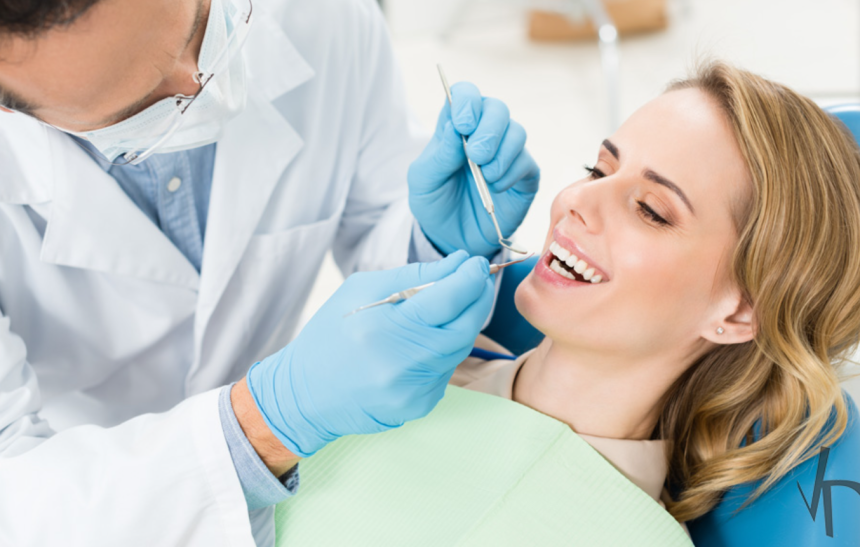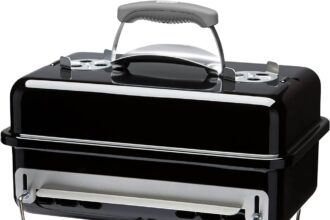Abfraction is a type of tooth wear. It’s characterized by small chips or notches in the enamel near the gumline. Abfraction is most often caused by tooth grinding (bruxism) or clenching. These habits put excessive force on teeth, leading to micro-cracks in the enamel. Over time, these micro-cracks can turn into larger chips or notches.
Abfraction is often mistaken for tooth decay. However, unlike decay, abfraction lesions are not associated with bacteria. This means that they cannot be treated with antibiotics or other medications. If you’re looking for a reliable dental center, try Nuvia Dental Implant Center. They use the latest technology to treat different dental problems.
Symptoms of Abfraction
Abfraction can present in a few different ways. The first and most common symptom is tooth sensitivity. This can manifest as pain when eating, drinking, or even breathing in cold air. The second symptom is visible changes to the tooth surface. These changes can take the form of chips, notches, or even fractures in the enamel.
Abfraction can also cause changes to the gum line. These changes can include recession of the gums or even loss of gum tissue. If you have any of these symptoms, you should see your dentist.
Causes of Abfraction
There are a few different things that can cause abfraction and that includes
- Chewing hard foods: This can put too much pressure on teeth and lead to micro-cracks.
- Misaligned teeth: If your teeth don’t fit together properly, it can put undue stress on certain teeth and lead to abfraction.
- Acidic foods and drinks: These can wear away at tooth enamel, making teeth more susceptible to abfraction.
According to the American Dental Association (ADA), the most common cause of abfraction is tooth grinding (bruxism). This is a condition where you unconsciously clench and grind your teeth. It often happens at night while you’re asleep.
Treatment Options for Abfraction
Abfraction is a preventable condition. The best way to prevent abfraction is to avoid clenching and to grind your teeth. If you have these habits, your dentist can fit you with a mouth guard to wear at night. If you already have abfraction, there are ways to treat it.
Occlusal Adjustment: This is a treatment where your dentist will adjust how your teeth come together. This helps to decrease the stress on your teeth and can help prevent further damage.
Orthodontic Treatments: If you have mild to moderate abfraction lesions and are considering orthodontic treatment to improve the alignment of your teeth, your dentist or orthodontist may be able to use special techniques to minimize the risk of further damage to your teeth.
- For example, they may place brackets on the back side of your teeth rather than the front or use clear braces that are less likely to irritate your gums.
- In some cases, your dentist may recommend bonding a thin layer of tooth-colored composite resin to the area around the lesion to help protect it from further wear and tear.
Mouth Guards: If you grind your teeth at night, your dentist can fit you with a mouth guard to wear while you sleep. This helps to protect your teeth from the damage caused by clenching and grinding.
Root Coverage Surgery: In some cases, abfraction can lead to gum recession. If this happens, your dentist may recommend root coverage surgery. This is a procedure where the gum tissue is grafted over the exposed roots of your teeth.
The best way to treat abfraction is to prevent it in the first place. You can do this by avoiding things that can cause abfraction, such as clenching and grinding your teeth. You should also see your dentist regularly so that they can catch any problems early. If you already have abfraction, treatments available can help protect your teeth from further damage.














